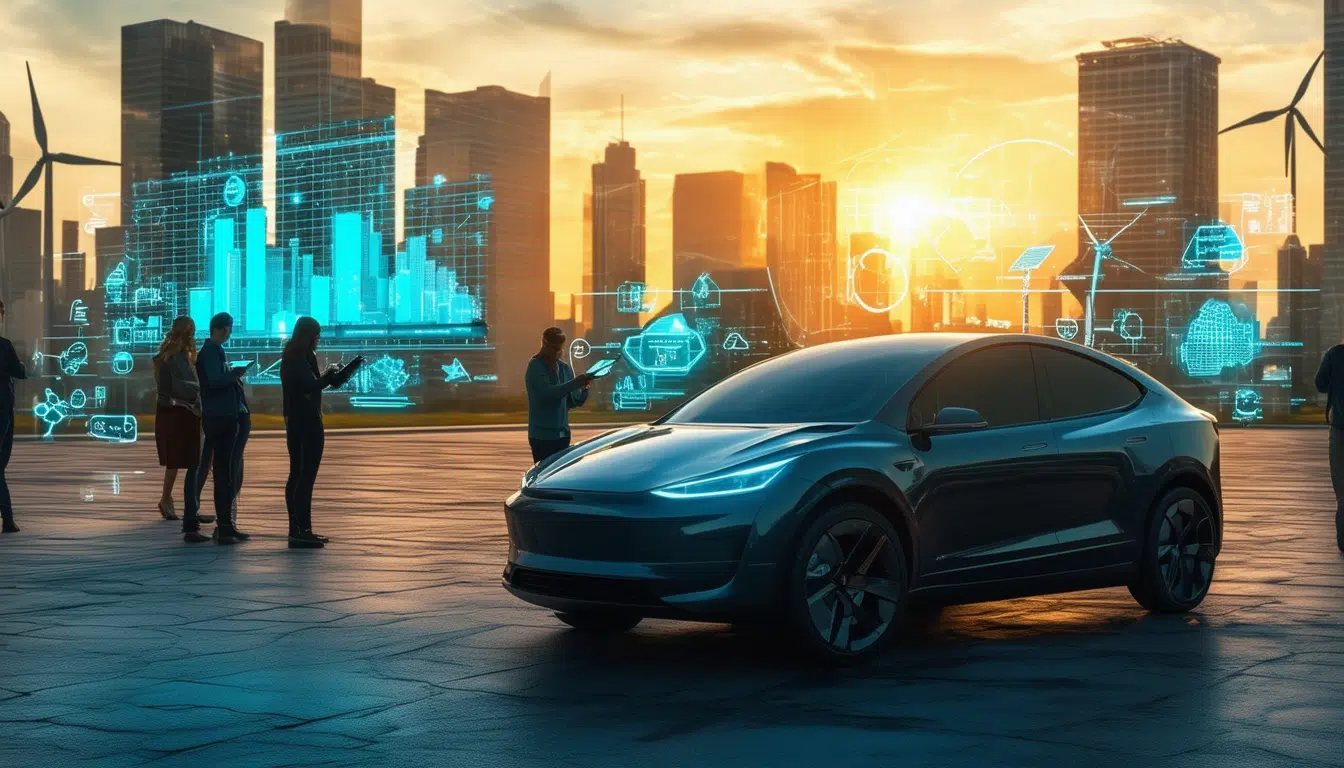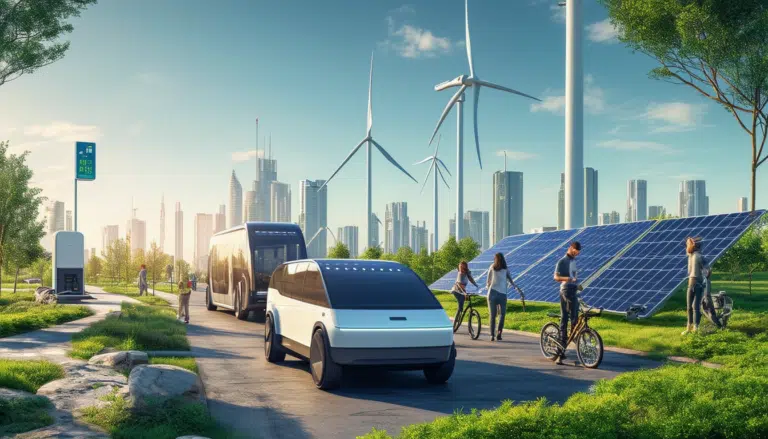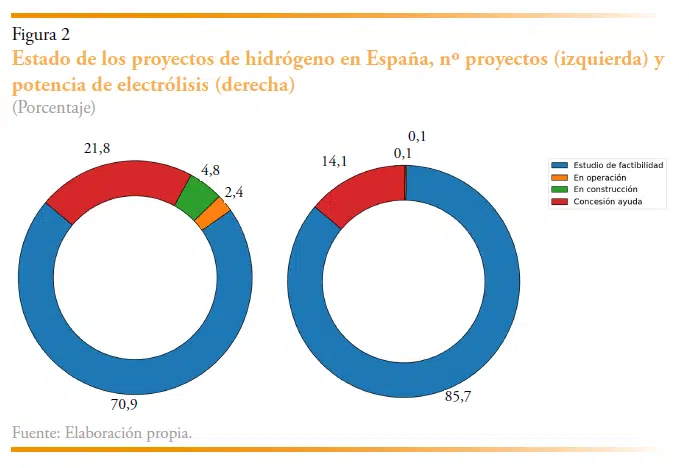La tecnología y su papel en la reducción del gasto de combustible

Currently, technology plays a fundamental role in the reduction of fuel expenditure, offering innovative solutions that optimize efficiency in transportation. From advanced control systems in vehicles to the implementation of renewable energies, technological innovations are transforming the way we move and consume energy. These tools allow not only for economic savings but also for a significant decrease in CO₂ emissions, thus contributing to a more sustainable future.
The continuous technological evolution has opened the door to a series of innovations that significantly contribute to the reduction of fuel expenditure. From tire control systems to the implementation of electric vehicles, the capacity to optimize fuel consumption has advanced considerably. This article explores several technologies that not only help reduce fuel consumption but also facilitate efficient driving and environmental sustainability.
Tire Control Systems
Tire control and inflation systems are essential in managing fuel consumption. Maintaining the correct pressure in tires not only improves vehicle safety but also optimizes its performance. A properly inflated tire can reduce fuel consumption by up to 5%. Thanks to the technologization of vehicles, there are now systems that monitor tire pressure in real time, providing alerts to drivers when adjustments are necessary.
Flares and Spoilers for Trailers
Aerodynamics play a crucial role in fuel consumption efficiency. The implementation of flares and spoilers on trailers reduces air resistance, which can result in significant fuel savings, especially during long trips. Studies have shown that the proper installation of these devices can generate fuel expenditure reductions of up to 10% compared to vehicles without these adaptations.
Solar Panels
The integration of solar panels in vehicles is also gaining relevance. This technology allows vehicles to generate part of their energy from sunlight, which not only decreases dependence on fossil fuels but also contributes efficiently to the reduction of gasoline consumption. Furthermore, the incorporation of solar panels contributes to sustainability, as it reduces the emission of CO₂ into the environment.
Low Rolling Resistance Tires
Low rolling resistance tires are an innovation that effectively improves the energy efficiency of vehicles. These tires are designed to require less energy while rolling, which translates into lower fuel consumption. Using them can result in savings of up to 8% in consumption, especially in urban environments where frequent stops and starts occur.
Telematics and Fleet Management
Telematics technology is another crucial tool that helps drivers and companies optimize their routes, minimize unnecessary fuel use, and monitor driving behavior. Through speed monitoring and preventive maintenance, it’s possible to make more informed decisions that positively impact fuel expenditure. Additionally, applications that offer real-time recommendations are essential for maintaining efficient consumption during driving.
The Influence of Hybrid and Electric Technology
Innovations in hybrid and electric vehicles have proven effective in reducing fuel consumption. These types of vehicles allow for a combination of electric energy and fuel, offering efficient performance without sacrificing power. Their popularity is increasing as more drivers seek solutions that not only reduce their fuel expenditure but also are more environmentally friendly.
Conclusions on Technology and Fuel Consumption
The integration of advanced technologies in the automotive field is not only a trend but a critical necessity in the fight against rising fuel costs and environmental impact. For additional details on how fuel economy affects budgeting, you can visit this link. Education about energy efficiency is essential, and many resources are available to help both drivers and companies adopt these technological innovations. For more information on the future of automotive technology, you can check this article and the importance of education in energy efficiency.
Additionally, if you would like to explore specific proposals for design and technology in vehicles like the Audi Q3 Sportback, visit this link for detailed information.
Technology has revolutionized the way we approach mobility and fuel consumption, being a fundamental pillar in the fight against energy waste. Thanks to advancements like tire control and inflation systems, drivers can optimize the rolling resistance of their vehicles, significantly reducing fuel consumption. Proper inflation not only improves efficiency but also prolongs the lifespan of tires.
Additionally, the implementation of solar panels in vehicles allows for the utilization of a renewable energy source that helps decrease dependence on fossil fuels. This is especially relevant in a context where sustainability and the search for energy alternatives are increasingly imperative.
Another key innovation is the use of telematics technologies, which provide real-time data about fuel consumption and vehicle performance. These systems not only help drivers identify inefficient driving habits but also offer suggestions for improving their driving style, such as reducing speed and maintaining a more consistent driving pattern.
Moreover, the development of hybrid and electric vehicles has expanded options for consumers looking to reduce their environmental impact. These types of vehicles, which combine combustion engines with electric systems, achieve a balance that potentially reduces gasoline consumption and, hence, CO₂ emissions.
Together, these technological innovations are transforming the transportation landscape, providing drivers with tools to be more efficient and responsible with energy resource usage. The combination of aerodynamic automotive design and new motoring technologies is undoubtedly the way toward a more sustainable and economical future in terms of fuel expenditure.





